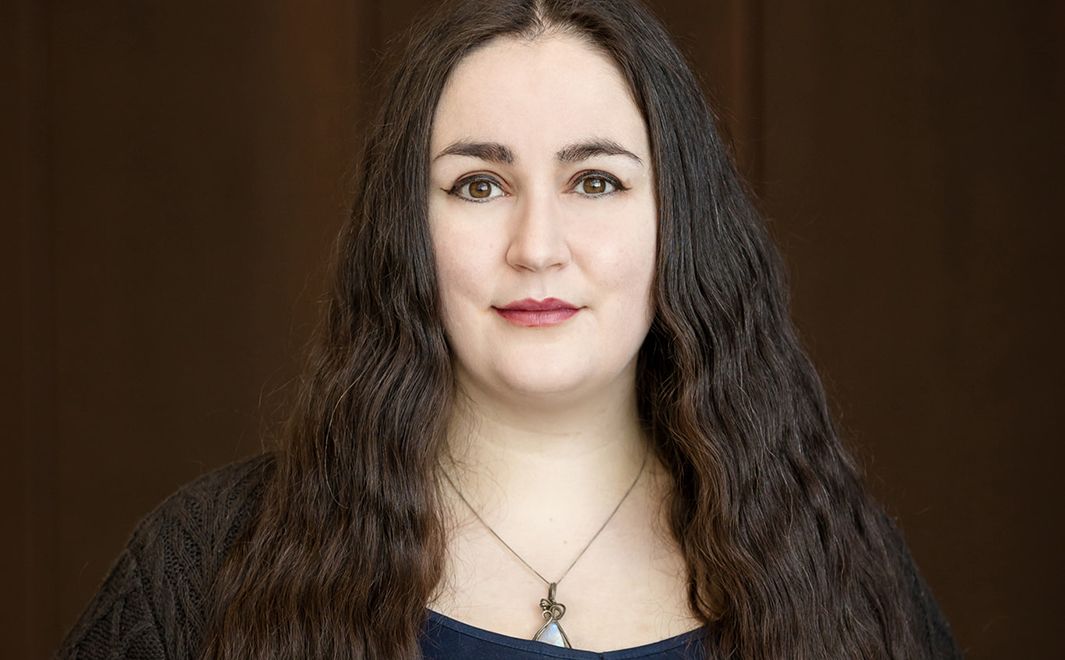
The more diverse population we have in science, the more diversity of ideas we will have to advance our scientific knowledge to places we never thought possible!
Dr. Stephanie King is a postdoctoral fellow at the University of Lethbridge. She studies neuroscience and biology and is interested in the effects of stress on the body as well as the effects of early-life exposure to toxicants.
What is your area of study?
Neuroscience. I am a postdoctoral fellow - My PhD is in Biology from Washington State University.
What excites you about science?
It's the rush of a new discovery. When you get to finally complete your PhD, you are truly an expert in your specific field of research. Nobody knows more about your project or study than you do and as such, you can really make an impact in the advancement of knowledge on that subject.
What sparked your interest in science?
I don't ever really remember not being interested in science. I was lucky. My mother was a scientist so I was given a chance from an early age to know how capable women are. I think what really got me started in earnest was the children's encyclopedia my grandmother gave me. I read that entire thing multiple times and especially loved all the sections on human physiology. I also remember reading a lot of Michael Crichton growing up. I swear every time I read a new book, I changed the field I wanted to go into, but it was always STEM-based.
Tell us about the first time you felt really excited about what you were learning in science.
I remember being in a community college in an anatomy and physiology course. We were learning about neuron physiology and the subject came up about excitotoxicity. Excitotoxicity is effectively, when neurons get overstimulated by a particular neurotransmitter, they can die, releasing even more of that neurotransmitter into the neural space, which causes a cascade. It was like a light bulb went off in my head. I started making all these connections with that concept to what I already knew about the development of neurodegenerative disorders to chronic pain from nerve injury. It all started to make sense!
What do you hope to accomplish through your scientific research and/or work?
My research, in a nutshell, investigates the development of disease following environmental factors like early-life exposure to stress or certain toxicants. These early life exposures can create health disparities in vulnerable populations. I hope that my research can help identify tests to determine if someone has an increased risk of these diseases so we can start preventative therapies before the disease develops.
What words of inspiration would you like to share with the next generation of women & girls in science?
Every day we're taking strides to make this path more accessible to future generations. My mother was in the extreme minority when she started her career in chemistry in the 1970s. Now in my field, we are just about at gender equality for the number of graduate students and postdocs we are training. We still have a ways to go when it comes to more elevated positions in science management or tenured professorships, but I think by the next generation we can get there. The more diverse population we have in science, the more diversity of ideas we will have to advance our scientific knowledge to places we never thought possible!